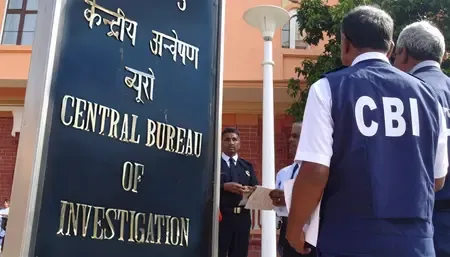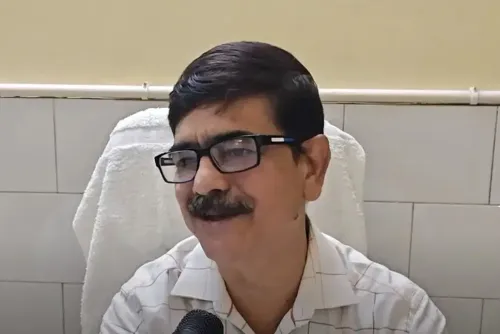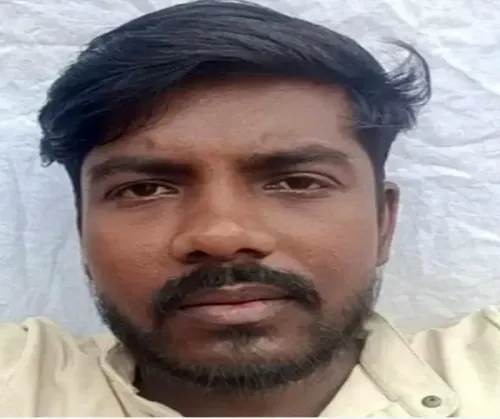What Consequences Did a Lucknow Pharma Partner Face for Forgery Under the NRHM Scheme?

Synopsis
Key Takeaways
- Gangaram sentenced to two years in prison.
- Fine of Rs 5 lakh imposed.
- Case highlights corruption in public health schemes.
- CBI launched an investigation in 2013.
- Forged documents used to secure government contracts.
Ghaziabad, July 29 (NationPress) A Special CBI Court in Ghaziabad has sentenced Gangaram, a Partner of M/s Pankaj Pharma in Lucknow, to two years of rigorous imprisonment and imposed a fine of Rs 5 lakh for his role in a forgery and cheating case linked to the National Rural Health Mission (NRHM) scheme.
The case revolves around fraudulent activities in the procurement and supply of medicines under the NRHM during the financial year of 2008-09.
The Central Bureau of Investigation (CBI) initiated the case on July 11, 2013, against Gangaram and others, following discrepancies in the execution of the scheme from 2005 to 2011.
According to the findings of the CBI, Gangaram, in a criminal conspiracy with the late pharmacist J.P. Srivastava, fraudulently managed to procure seven government supply indents that were originally designated for firms authorized under state rate contracts. He did this by submitting forged authorization letters, falsely presenting M/s Pankaj Pharma as an officially sanctioned dealer.
Using these counterfeit documents, Gangaram supplied medicines to the Chief Medical Officer (CMO) in Balrampur, fraudulently securing payments totaling Rs 5,00,847.
While the medicines were indeed delivered, investigations uncovered that the authorization letters were fake, and the legitimate rate-contract firms were not involved in the supply process.
The case underscored a blatant instance of impersonation, document forgery, and misappropriation of government funds under a health mission designed to enhance rural healthcare infrastructure.
After an extensive investigation, the CBI filed a charge sheet on June 30, 2015, leading to a trial.
The Special Court, after evaluating the evidence and listening to the arguments, found Gangaram guilty of forgery, cheating, and criminal conspiracy under the relevant sections of the Indian Penal Code and the Prevention of Corruption Act.
As a result, the court sentenced him to two years in prison, along with a fine of Rs 5 lakh, sending a strong warning against the misuse of public health initiatives.









